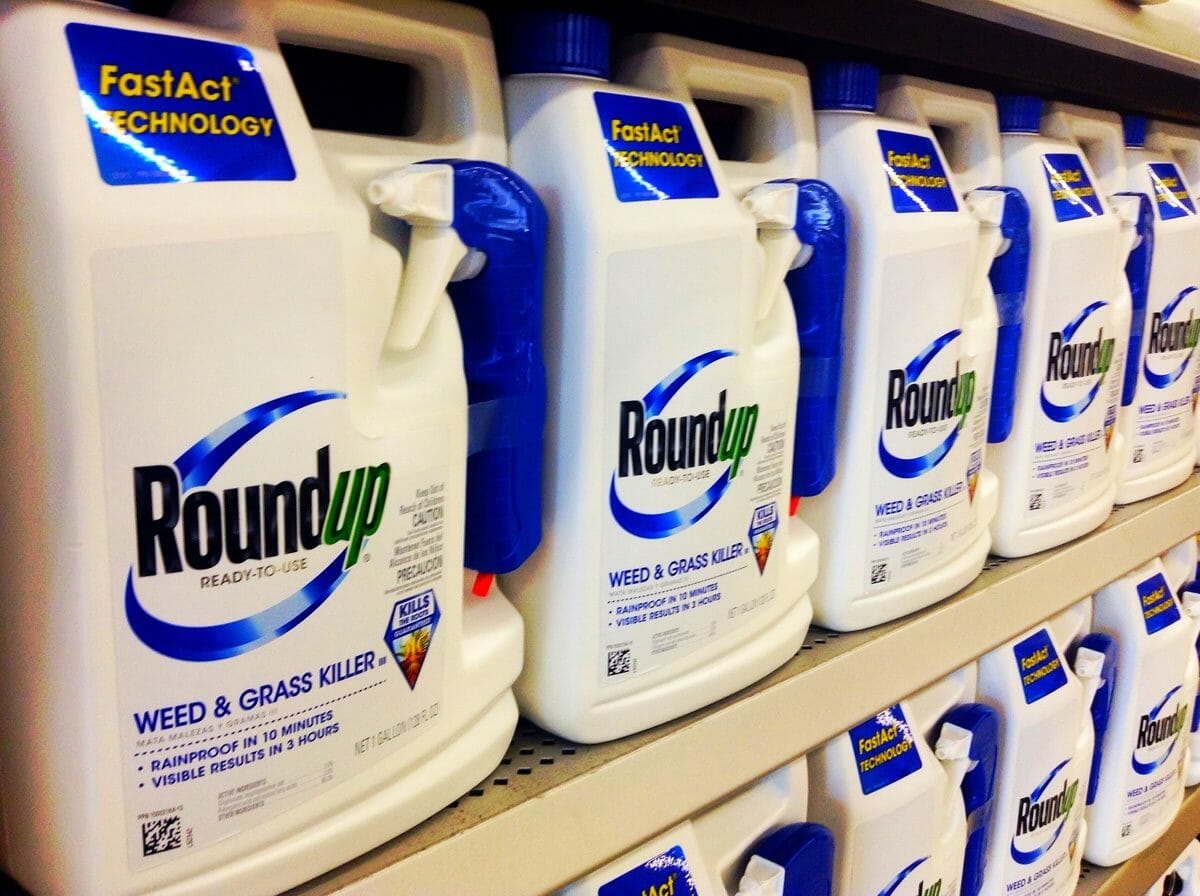A judge runs up against a wall of scientific non-consensus.

Following a 2015 decision by the World Health Organization to label glyphosate, the primary ingredient in Monsanto’s hugely successful Roundup products, a probable carcinogen, hundreds of lawsuits against Monsanto were filed. Now, the 300-plus cases in the federal courts have been gathered together to be presented in front of U.S. district judge Vince Chhabria in San Francisco. It is the first case in the US that will rule on whether Roundup is carcinogenic and toxic, which makes it a huge deal for the entire agricultural industry.
The case was filed on behalf of hundreds of farmers and their families who assert that they have been affected by non-Hodgkins lymphoma as a result of exposure to glyphosate. Monsanto, for its part, says that claims about glyphosate’s connection to cancer are based on “junk science,” and that the plaintiffs’ research is cherry-picked, limited, and flawed. The plaintiffs say they have examined and are using a wide range of studies.
This week, Judge Chhabria is hearing testimony from experts: oncologists, toxicologists, public health profesionals, and others. Dubbed “science week,” this stretch of the trial will allow Judge Chhabria to decide which experts, and which data, will be allowed to be presented at trial. It’s a massively important part of the lawsuit; Chhabria has the ability to effectively cripple the arguments of both sides by throwing out key expert witnesses.
Bloomberg reports that Chhabria – who was appointed by President Obama and clerked for Supreme Court Justice Stephen Breyer – seems unconvinced by both sides, calling the evidence “shaky.” Bloomberg quotes Chhabria as describing epidemiology as “loosey-goosey” and a “highly subjective field.” Effectively, this means Monsanto has achieved their goal, which is to make the evidence linking glyphosate to cancer seem uncertain. (Monsanto has previously been accused by publications like La Monde of waging war on independent scientists by attempting to discredit the WHO decision. The company has also been accused of paying scientists to manufacture studies indicating glyphosate is safe.
If Chhabria decides that there are no real conclusions to be drawn, he can’t, and would not, issue any kind of ban. The WHO, for example, excluded many studies on the basis that they were not published in peer-reviewed scientific journals. That’s not a bad idea, and it’s standard practice. But according to Monsanto, that shows that the WHO cherry-picked evidence – so who can trust them?
Chhabria has heard the scientific experts and will now weigh which experts will be allowed to testify. There is no indication of when he’ll make his decision.
Chhabria was not fit to decide !
George Hall, I have said more than that . One thing he states no basis for his conclusions , so what , nobody else does so, either . They all believe they are perfect .